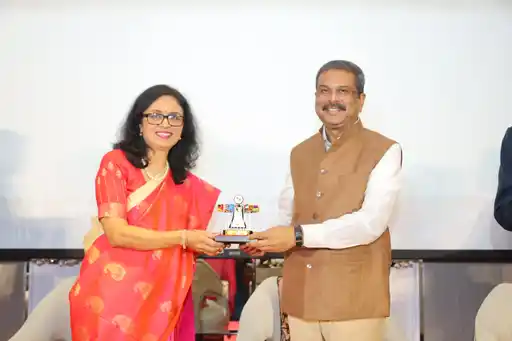
Listening Starts Before Solutions
The Connect Hut, Dubai, talks reclaiming the human in corporate learning & development
We spend over 45% of our communication time listening—more than speaking, reading, or writing. Yet, when asked what listening looks like, most people respond with “nodding,” “eye contact,” or a few well-placed “hmm”s. But real listening goes far deeper.
The International Listening Association reports that ineffective listening costs organizations billions each year. Despite this, 80% of corporate communication resources go to speaking, while just 2% of organizations offer formal listening education. A staggering 93% of employees in India—and 86% globally—feel unheard at work. According to Deloitte, 83% of professionals say workplace stress negatively affects their personal relationships. Listening training is not a soft skill—it’s a business imperative.
Why Listening Matters More Than Ever
Workplace stress is rarely just about KPIs and deadlines. Many employees carry invisible burdens—family issues, personal struggles, mental health concerns—that directly impact their performance. When these voices go unheard, organizations see rising burnout, absenteeism, and disengagement. Listening, then, isn’t just kind; it’s strategic.
In an era dominated by AI and automation, we risk reducing people to data points. At The Connect Hut, we challenge that trend. We train organizations to listen with awareness, values, and presence—not just ears.
The DOT Active Listening Framework: Listening That Transforms
Our signature approach, the DOT Active Listening Framework, helps teams and leaders resolve conflicts by enabling them to:
-
Recognize biases and blind spots
-
Respond with curiosity, not assumptions
-
Hold space for discomfort without rushing to fix
These are trainable skills that boost trust, engagement, and psychological safety at every level.
Listening in Action: The SmartLife Case Study
In our recent work with SmartLife Foundation UAE, we connected with blue-collar migrant workers—men living far from home, often without emotional support. Typically excluded from well-being conversations, these workers face immense stress with limited outlets.
We created sessions that were stigma-free, culturally sensitive, and accessible—no clinical terms, no jargon. More importantly, we trained local facilitators to listen. These trained listeners are now embedded in job sites, creating everyday spaces of care and support.
The biggest lesson? In high-stress, underserved environments, human connection is the most powerful intervention.
What This Means for L&D
Across industries—from oil to IT, marine to legal—Banking to Hospitality, we’ve noticed the same pattern: people know how to solve problems, but not how to sit with someone’s pain. As AI takes over routine tasks, human skills will define the next generation of leadership: empathy, emotional intelligence, and presence.
Our programs are designed to help people be human again—to lead with empathy, listen without judgment, and build cultures of psychological safety.
One participant said it best:
“The best part of the training was the discussion. My biggest takeaway? Actionable steps I can use every day.”
In Conclusion
Listening isn’t passive. It’s a daily act of compassion. And when done right, it doesn’t just boost performance—it helps people stay, connect, and thrive.
linkedin.com/in/renu-varun-028a2195
Who We Are
The Connect Hut is a social enterprise specializing in Listening and Conflict Resolution, Mental Health Awareness, and Crisis Prevention. With 25+ years of collective experience, we help individuals and organizations recognize, address, and prevent conflict and emotional distress.
We’ve worked with clients across the UAE, Bangladesh, Zimbabwe, the Philippines, and India—partnering with corporates, governments, educational institutions, law enforcement, and NGOs. Our training has reached thousands, from top executives at Google and Indian Oil to families in community workshops.

 EN
EN AR
AR HI
HI ES
ES FR
FR DE
DE










